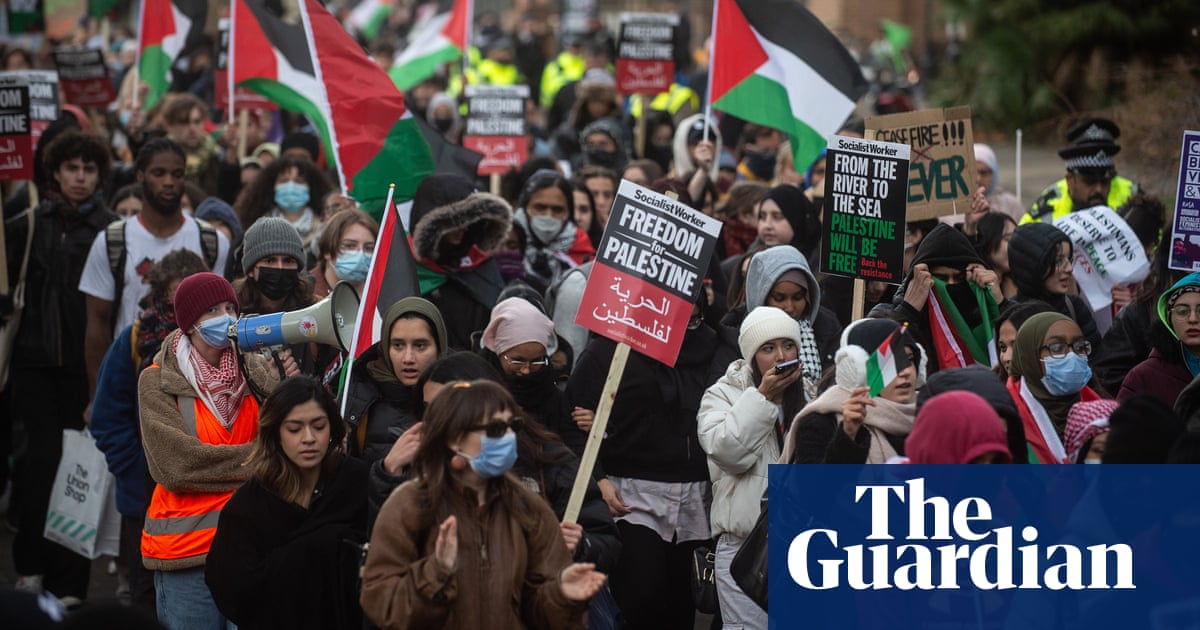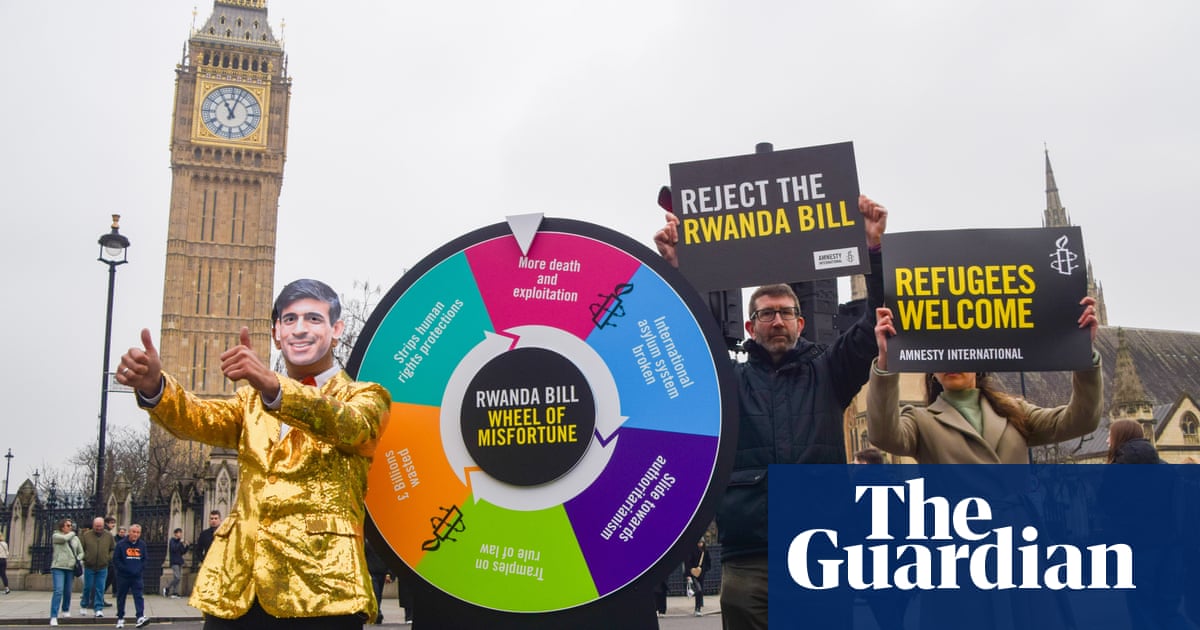
Northern Ireland’s human rights commissioner warned that the government was at risk of breaching the law with “puzzling and troublesome” plans to limit prosecutions of British soldiers who served during the Troubles, it has been revealed.
In a letter, Les Allamby said he had told ministers he had “deep initial concerns” about how their plans could satisfy European convention article 2 rights to a proper investigation where deaths involve the state.
Brandon Lewis, the Northern Ireland secretary, outlined in mid-March how the government hoped to deal with a backlog of 900 unresolved cases relating to the deaths of 1,200 people in the 30-year conflict brought to a close by the 1998 Good Friday agreement.
Many deaths were not fairly investigated during the conflict, a time when police and judicial processes often broke down, and cases such as that of Soldier F – a former paratrooper accused of murdering two civil rights protesters on Bloody Sunday 1972 – are only now coming to trial.
In the newly disclosed correspondence, the commissioner took aim at the government’s core proposal to hold “an effective and thorough, but quick” review of the legacy of outstanding cases. He argued that such a strategy “appears to be counterintuitive”.
The three-page letter was sent to Labour’s Louise Haigh, the shadow Northern Ireland secretary, and has been shared with the Guardian.
Allamby said that under article 2 of the European convention, which protects the right to life, investigations involving deaths relating to the state needed to be “thorough, objective and impartial”. The government proposals appeared to conflate police investigation with prosecutorial analysis, he said.
The Conservatives have introduced a bill proposing that British soldiers who served in Iraq and Afghanistan have an amnesty against prosecution for cases dating back more than five years. But extending the amnesty to cover a part of the UK has proved controversial with victims’ families, particularly in the nationalist community.
Labour said it was anxious about the government embarking on “a unilateral approach” that might not obtain the consent of victims and communities in Northern Ireland.
Haigh said: “In dealing with the painful legacy of the past, there must be no decision about Northern Ireland without Northern Ireland, and the voice of victims must be heard when decisions are taken in Westminster. They must not be an afterthought.”
In March the government said the aim was to ensure “equal treatment of Northern Ireland veterans and those who served overseas” – a comparison Allamby said was “puzzling and troublesome”, in his letter to the Labour MP.
The commissioner added: “There is no obvious justification for expanding and conflating the circumstances in Afghanistan and Iraq with our own experience of the conflict in Northern Ireland.”
Most of the unresolved Troubles deaths are attributed to republican or loyalist paramilitaries, but 29% involve security personnel, including up to 200 soldiers. Several Conservative backbenchers have been pushing for prosecutions in all but the most egregious of cases to be halted.
The issue of how to deal with legacy cases is expected to come up on Thursday when Lewis is due to appear before parliament’s Northern Ireland select committee.
Allamby told Haigh he had set out his concerns already in a letter to Lewis.
The Northern Ireland Office has been approached for comment.












